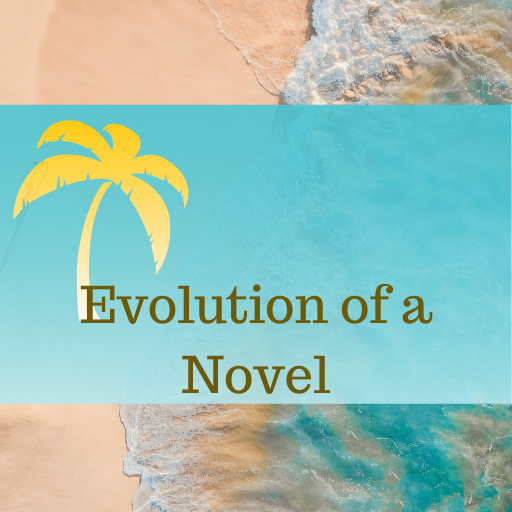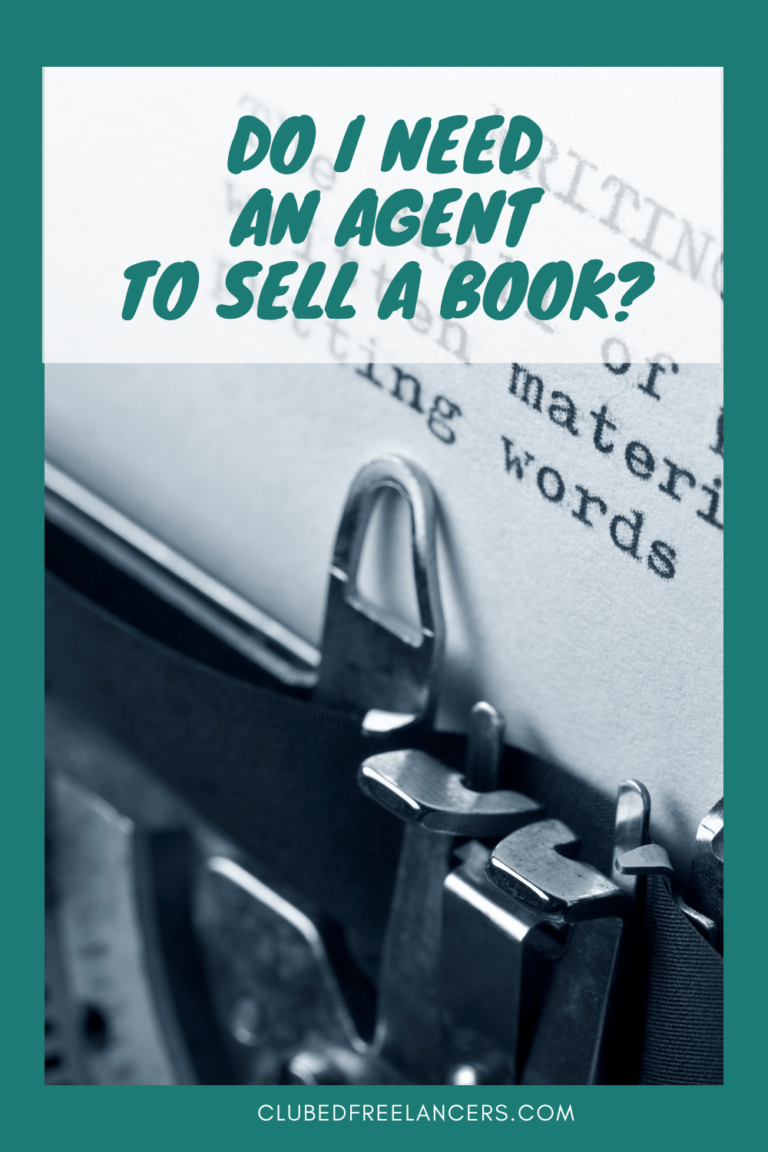Packing emotion into tight spaces
When I’m writing, I rarely listen to music because the words of the lyrics interfere with my words. If I need to drown out the kids across the street, I will listen to white noise or an instrumental station on Pandora.
Sometimes, though, if I’m doing something like giving feedback to students, where the lyrics don’t interfere, I’ll turn on some Kate Rusby, an English folk singer-songwriter whose songs sometimes make me laugh and sometimes make me cry, both emotions being intended from Rusby’s point-of-view.
I typically write in long form – novels, not short stories. Sometimes I write essays but these are usually about my own lived experience, not fiction, and they’re usually several thousand words long.
So I’m always interested in how writers manage to tell stories that evoke emotions in many fewer words than I ever use.
One thing Rusby’s folk songs have in common is an immediately identifiable situation: the wife is cheating on her husband, the lovers are being parted forever, the husband thinks he works harder than his wife.
These situations are also very basic and resonate with our deepest instincts: we want our spouses to be faithful, we don’t want to be parted from our loved ones (whether through death or distance), we want life to be fair.
Violating these deep basic urges creates emotion in the listener/reader, because the listener/reader is always identifying with the main character of any story, whether or not they share many (or any) traits with that character.
If a writer starts with a situation that is not immediately understandable, it is harder for the listener/reader to invest in the story/make sense of the story. If we spend the first five chapters following Edgar around his boring day job as an insurance actuary without understanding what in this situation matters to the plot, we’re going to lose interest.
This affects genre, too. If I’m reading a romance and the two main characters still haven’t met halfway through, I doubt that I’m in the hands of a good storyteller because a good storyteller would know that the central concern of a romance is the development of the love relationship between the two main characters.
But if I pick up a romance and immediately read about Martha the homeowner getting into an argument with George the contractor, I know exactly what the situation is (enemies to lovers) and I settle in for the long haul.
Similarly, it is hard to evoke emotion in a reader when the basic conflict of story is not about the deep basic urges and needs that humans have. If it’s not about loyalty or love or fairness, then we don’t really care that much as readers.
That’s why a story about a kid who gets Bs and Cs in high school and goes on to a state college and does pretty well except for that one economics class and gets a job running a real estate firm after graduating doesn’t interest us.
But a story about a kid who cheated his way in does (provoking outrage) or a kid who has to fight against a sexist teacher to earn a coveted art scholarship will engage us (anger at unfairness; satisfaction at justice prevailing).
I love looking at other forms of writing to see what they can tell me about how to write a story.
Join the Club!
New to story editing? Begin at the beginning.






